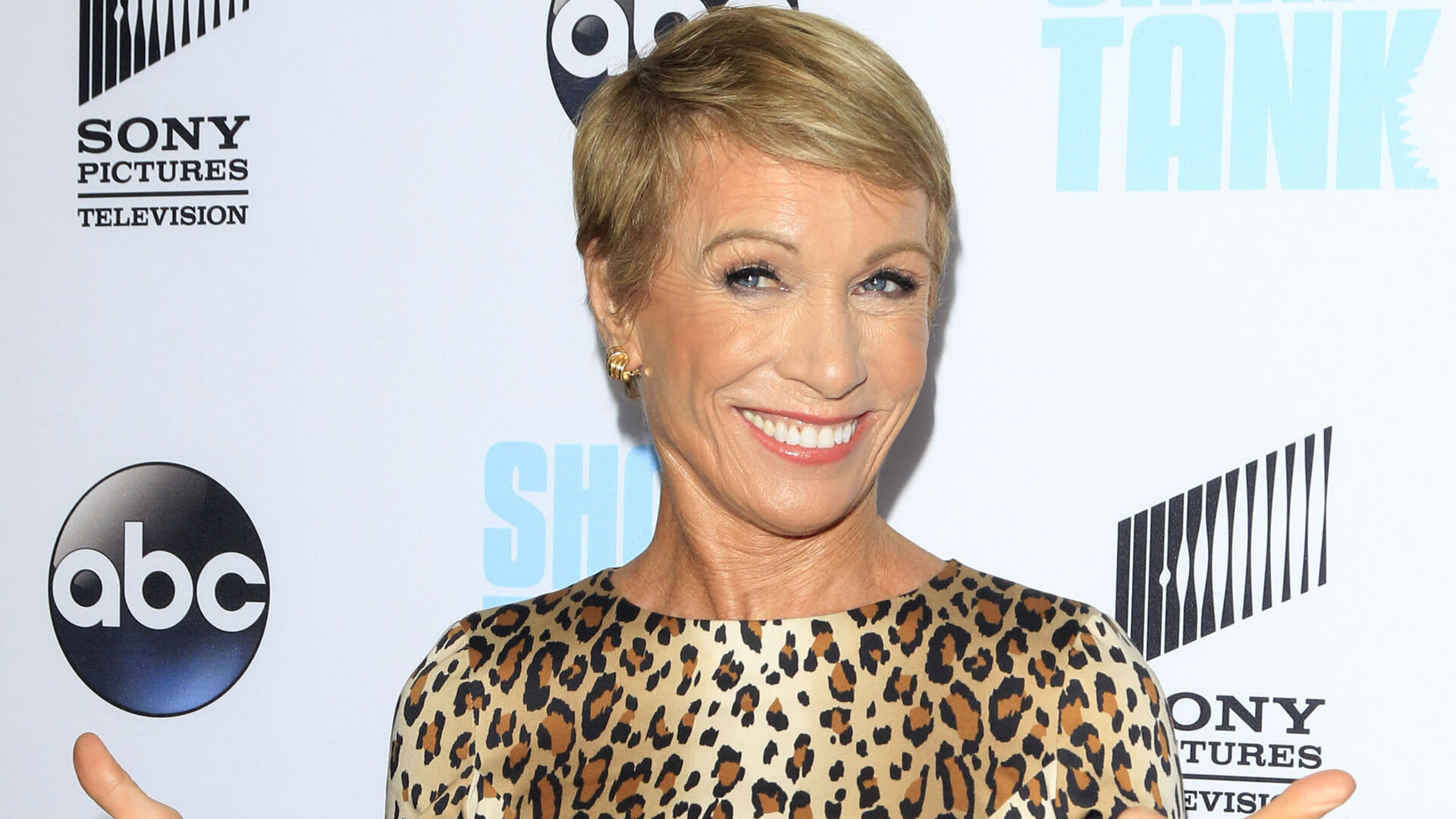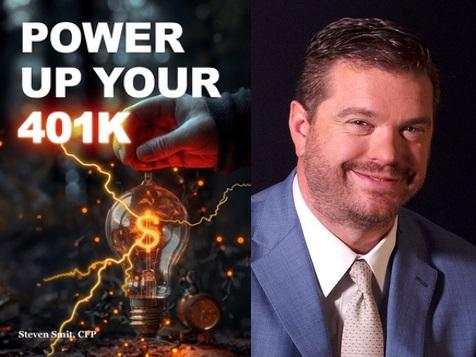- Savvy Advisors crosses $1B milestone to close 2024
- Facebook group Living Financially Smarter in Israel hits 40,000 members
- Challenges of Being a Baseball Player’s Wife! The Unspoken Financial Struggles
- Best CD Rates for January 2025: Secure Top Returns
- My Husband and I Save His Bonus Instead of Spending It
Sign up for the Slatest to get the most insightful analysis, criticism, and advice out there, delivered to your inbox daily.
Bạn đang xem: Are baby boomers hoarding wealth? Not quite.
When Adam Singer saw a Reddit post on r/Millennials where the poster described how his parents and in-laws were “hoarding” millions of dollars while OP and his family were struggling to get by, the scenario was familiar to him. Among his friend group in Austin, with a mix of millennials from blue-collar and white-collar backgrounds, Singer had watched a similar trend emerge: financially comfortable parents refraining from helping out when it would help most.
“Seems weird to not level up your kids,” Singer commented on X. Boomers holding back money seemed to him to be fundamentally selfish, but others disagreed, sparking a major discussion across social media about what parental responsibility is when it comes to financially supporting adult children. “You aren’t entitled to anything,” went one typical reply.
Is it true that millennials are facing an epidemic of lack of financial support from well-off boomer parents?
The outright animosity Singer, an elder millennial at 42, faced on social media after merely proposing that parents pass along some of their money while they’re still alive, instead of waiting for the kids to receive it when they die, surprised him. “I think it’s a beautiful thing to be able to help your own kids succeed,” said Singer in an interview. He suggested that parents withholding monetary support was one factor in the epidemic of grandparent grief affecting older Americans. “Whenever I’ve talked to a friend that doesn’t have kids yet, [the reason is] always financial.”
For children of aging parents who are well-versed in their parents’ comfortable financial situation, and believe that their elders could help out if they wanted to, lack of support can seem like a betrayal.
But according to John C. Henretta, professor emeritus of sociology at the University of Florida, the statistics don’t bear out the idea that this is a common scenario. In a longitudinal study conducted on data from early baby boomers (born 1948–1953) and two preceding generations, Henretta and his colleagues found that financial transfers from parents to children have generally increased over time—a change his team attributes to the shifting demographics of younger generations.
There are fewer children in each family to distribute money between, and those children are waiting longer to get married and have children of their own. Younger unmarried adults, such as college students, receive transfers more often across different parental generations, and there are simply more of those children in more recent generations.
Xem thêm : 7 Accounts You Should Have by 40, According to Money Influencer Steve Chen
But once these shifts were accounted for in the data, and the results adjusted accordingly, Henretta saw general consistency across cohorts. “All I can say is that … there’s been no change in the willingness of parents to help their children,” he said. He pointed out that the group of children (stepchildren excluded) that is consistently least likely to receive parental financial transfers is adult children who are married but without children of their own. The increase in transfers can be explained by changing demographics, but individual parents are no more or less likely than they used to be to help adult children who fit certain characteristics.
“Rather, it is respondents’ and children’s characteristics that have changed,” his paper explains.
Though his research didn’t include later boomer or Gen X parents, Henretta expects that those generations would reflect the robust finding across cohorts, arrived at by his team and other researchers, that parents are for the most part willing to support children in need, especially before their marriages or after they have their own kids. “Parents have always helped children who have a greater need,” he said. Parental traits like affection and altruism won’t be done away with easily, even by economic pressures.
The main roadblock standing in the way of parental support is the difficult conversations that are often required to communicate that need. Doug Boneparth, a certified financial planner who specializes in working with millennials and their parents on estate planning, said that poor communication is the root cause of the bitterness and feelings of being unsupported that some millennials might have toward their supposedly money-hoarding parents.
Boneparth pointed out that what could seem to an adult child like a nest egg that could be doled out to help support their own family might well be the bare minimum of what their parents plan to live on for the next few decades, earmarked to pay for health care and unexpected retirement costs. This is especially the case for middle- and upper-middle-class parents without enormous inherited wealth themselves.
“If you’re being tapped into what’s going on, you might actually gain an appreciation for the type of financial resources required for someone to deal with long-term care and end-of-life costs,” Boneparth said.
He recommends that adult children be looped in as early as possible on estate planning and inheritance discussions. Families are often reluctant to broach the twin taboo topics of death and money before it’s absolutely necessary, but in Boneparth’s experience, that can result in an undue burden on children when parents do pass away, leaving kids without a road map.
“At the end of the day, it is numbers and math, and there are optimal ways to do things financially,” he said. In contrast to Singer’s claim that boomers are holding on to their cash when it would benefit their children to receive it before their death, Boneparth sees a different story unfolding, at least among his high-earning clients.
“Boomers are choosing to provide financial support to their children and grandchildren before passing, I think, more than ever before,” Boneparth said. Thanks to expectations of increased lifespans, older parents are “recognizing that waiting to transfer wealth until death may actually delay supporting their heirs for decades.” If parents can afford it, he and other financial advisers working with boomer clients recommend they plan for making lifetime gifts (large financial gifts transferred while they are still alive), or structure trusts that reflect the amount of financial responsibility they believe their children can handle.
Of course, these transfers don’t happen in a vacuum. Even just studying large-scale trends, Henretta had to take into account the different reasons behind individual transfers. Transfers “can be used [to] help people altruistically, but also it can be a way to put children on a leash,” he pointed out. Parents might dole out financial assistance conditionally, with continued help predicated on the child’s loyalty, obedience, or changes in their lifestyle—one reason why some children, even if that money is offered, would refuse the money, preferring to remain independent.
For adults who are offended or distressed by their parents’ lack of financial support, they might find themselves in a grass-is-greener situation, in which by accepting money from family, they end up losing certain freedoms or putting a strain on their relationship with their parents.
But parents might genuinely not know how much their children are struggling to “level up,” as Singer puts it. Even if kids make an attempt to communicate their situation, the narrow perspective of some parents can blind them to the economic realities of this decade, in which the various costs of housing, child care, and education are far beyond what those parents experienced while raising their own families.
Financial transparency is probably worth establishing nonetheless, no matter how taboo the subject might be within a family—and no matter the actual amount of money in the bank, whether it be millions or close to nothing.
Lack of communication about finance and estates can lead to the kind of simmering resentment that Singer sees between his friends and their boomer parents. “Not having the conversation is the worst thing you can do,” said Boneparth. “If your goal is not to burden your kids, then do the planning.”
Boomers have amassed a huge amount of wealth. Despite Boneparth’s anecdotally observed uptick in lifetime gifts and estate planning to benefit adult children, much of this money will remain with the older generation, right up until it isn’t. Over the next few decades, an event financial experts are calling “the great transfer” will seismically affect American society as this money gets passed down.
This “great transfer” has the potential to exacerbate inequality across the country, and make it even harder for those without intergenerational wealth to establish themselves and their families comfortably. Even those who do receive money from their parents might struggle to make the most of the sudden windfall—especially if they believe that the money would have been best put to use decades prior, while the parents were still alive.
Nguồn: https://horizontalline.icu
Danh mục: News








